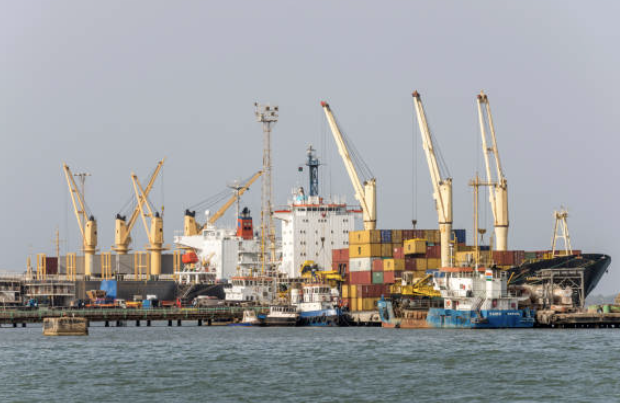
Posted on Thursday, October 31, 2024
Importing specialized machinery like roll forming machines into Gambia can be streamlined with the right knowledge of import regulations, necessary documentation, and understanding of the local market requirements.
Gambia’s growing construction sector, driven by urban development and infrastructure projects, has created a demand for efficient, versatile machinery like roll forming machines. For prospective importers, it’s essential to identify the types of profiles in demand (e.g., roofing sheets, structural components) and align the machine specifications accordingly.
Since power supply and technical capabilities can vary, selecting a roll forming machine with adaptable voltage settings and ease of maintenance is crucial. Ensure the machine is compatible with Gambia’s power infrastructure (usually 220-240V, 50Hz) and suited for the desired profile types. Machines with low energy consumption may also offer benefits in areas with frequent power fluctuations.
When sourcing roll forming machines, whether new or used, it's essential to research reputable manufacturers and verify product standards. Machines should meet international safety and efficiency standards, as Gambian authorities may inspect imported machinery for compliance with specific quality and safety regulations.
Given Gambia's limited seaport access, Banjul serves as the main entry point for imports. Importers can choose between Full Container Load (FCL) or Less than Container Load (LCL) shipping based on the volume and quantity of machines. Air freight may be an option for smaller machinery but will be costlier.
Customs Clearing Process:
After clearing customs, it’s critical to plan for the setup and technical support. Some manufacturers offer on-site installation and training; if unavailable, consider partnering with local technicians or contractors who are skilled in handling industrial machinery. This support is especially valuable for maintaining efficiency and minimizing downtime.
Since machinery breakdowns can impact production timelines, ensure access to spare parts and reliable after-sales service. A supplier with a local or regional presence, or one that offers expedited shipping for parts, will be beneficial.
Many importers opt for financing options, such as loans from local banks or leasing arrangements, to offset the high upfront cost of machinery. Securing insurance for both transport and operational phases helps protect the investment.

Used Purlin Roll Forming Machines for Sale Worldwide
Posted on Sunday, January 25, 2026
Pre-Owned Roll Forming Machines for Purlin & Structural Steel Profiles

Used Roof Panel Roll Forming Machines for Sale Worldwide
Posted on Sunday, January 25, 2026
Pre-Owned Roll Forming Machines for Roofing Panel Production

Used Roll Forming Machines for Sale Worldwide
Posted on Tuesday, January 20, 2026
Pre-Owned Roll Forming Machines with Inspection, Verification & Global Support

Steel Coil Supply for Roll Forming Machines Worldwide
Posted on Tuesday, January 20, 2026
Reliable Steel Coil Supply for Roll Forming, Fabrication & Manufacturing Applications
Copyright 2026 © Machine Matcher.